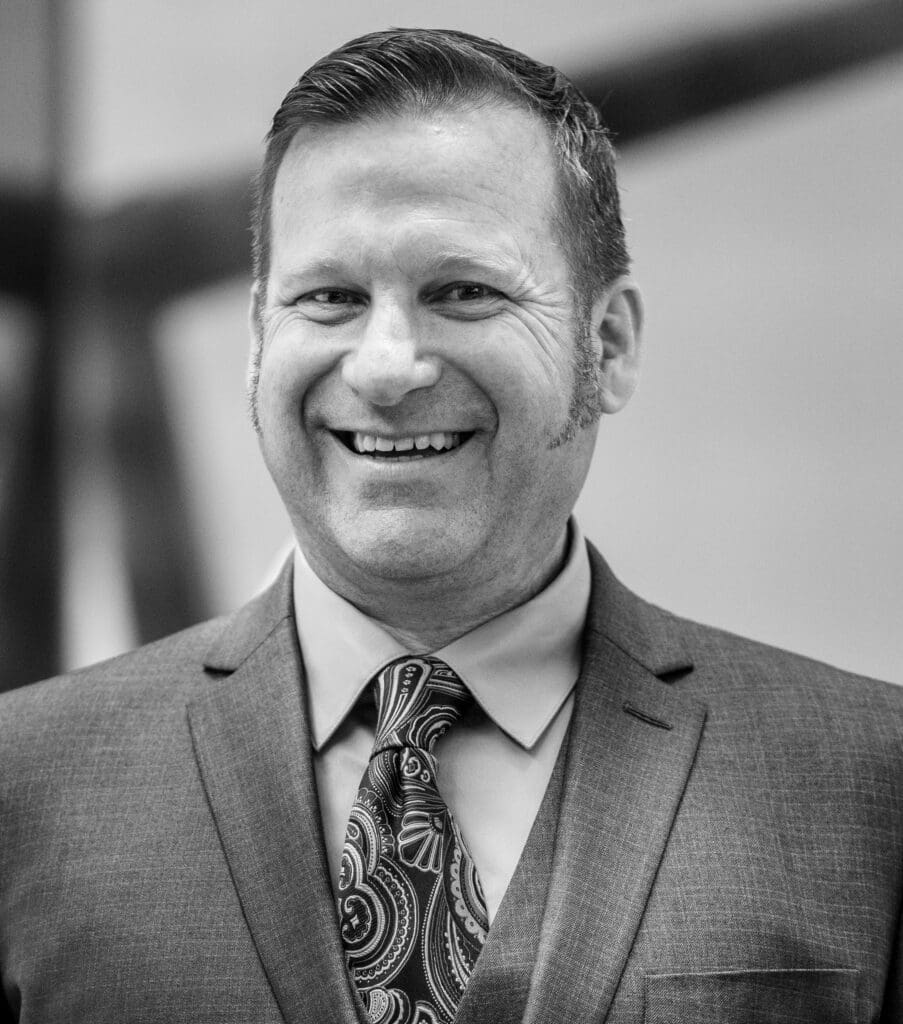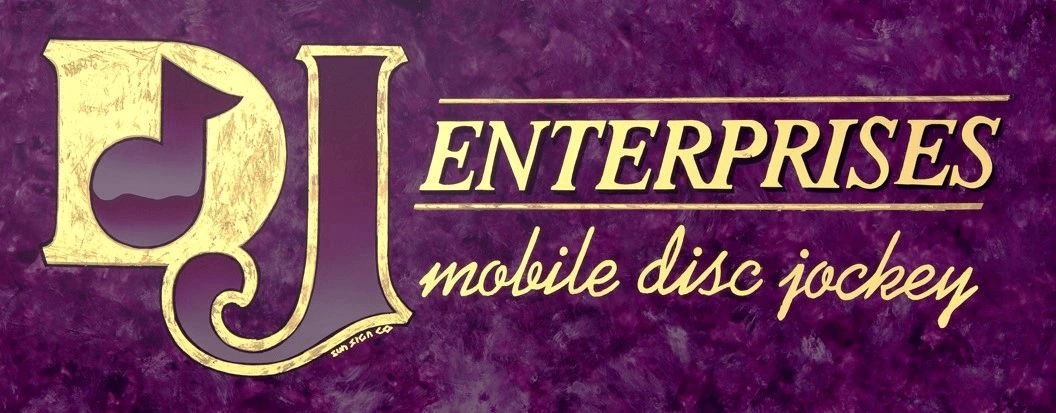Wedding DJs Guide to Gender-neutral Wedding Terms
A Wedding DJs Guide to Gender-neutral Wedding Terms. By DJ Justin Warwick
As a professional wedding DJ with over 35 years of experience, including performing at countless LGBTQ+ weddings, I understand how vital words, names, and labels can be. They hold power, whether in how they are used or avoided altogether. That’s why I have written this guide on gender-neutral wedding terms.
Gender, as we know, is a complex and fluid spectrum. One reason articles like this are needed is to break away from the traditional heteronormative language often seen in wedding planning, such as the use of “bride” and “groom.” Even within LGBTQ+ weddings, the terms “bride” and “groom” might not fit everyone’s identity, as they aren’t universally applicable. For example, two female-identified individuals getting married may not both identify as “brides,” just as not all male-identified people want to be called “groom.” Social constructs, after all, are merely frameworks created by society. People are multi-dimensional, regardless of their gender identity or who they choose to love.
The goal of my blog has always been to provide a safe, informative, and inspiring space where you can plan your wedding with confidence. Here, your identity is not only acknowledged but celebrated. Over the years, I’ve learned that most LGBTQ+ couples have their own vocabulary to define themselves, and these terms are as diverse as the community itself. Below, I’ve outlined some of the most frequently used terms in my blog. You may not be familiar with all of them, but they are part of a more inclusive approach to wedding planning. Remember: the words you identify with don’t have to dictate your wedding attire or the traditions you choose. For instance, if you call yourself a groom, that doesn’t mean you can’t walk down the aisle holding a bouquet.
Common LGBTQ+ Gender-neutral Wedding Terms
Bach Party:
This gender-neutral term refers to a pre-wedding celebration and is an alternative to “bachelor” or “bachelorette” party. It’s pronounced “batch.”
Bridal:
Originally, “bridal” referred to anything associated with the wedding festivities, and historically, it was a gender-neutral term. In my usage, “bridal” at any wedding, LGBTQ+ or otherwise, remains gender-neutral.
Bride:
Anyone, regardless of gender identity or orientation, can identify as a bride. The term is yours to embrace if it feels right for you.
Bridegroom:
Historically a term for a man getting married, it can now be used by anyone, regardless of gender identity, who feels it resonates with them.
Broom:
A blend of “bride” and “groom,” coined in 2008, for someone who presents as masculine but prefers a gender-blended label over “groom.”
Celebrant:
This is a gender-neutral term that can refer to the person getting married or the individual officiating the ceremony.
Cisgender:
A term used to describe someone whose gender identity aligns with the sex they were assigned at birth.
Flower Person:
In a wedding, the term “flower person” can refer to a person who walks down the aisle before the marring couple, scattering flower petals along the way. The flower person typically follows the wedding party: In recent years, the role of flower person has become more inclusive, with adults, including grandparents, male friends, and relatives, taking on the role.
Gender Nonconforming:
This refers to people who don’t follow society’s stereotypes about how someone assigned male or female at birth should behave, dress, or present themselves.
Genderqueer:
Someone who identifies as neither exclusively male nor female, or perhaps as a combination of both.
Gender Variant:
An individual whose gender identity varies, either fluidly or in a fixed way, outside of the traditional male/female binary.
Gride:
A playful blend of “groom” and “bride,” for anyone who feels both labels speak to their identity.
Groom:
Just as with “bride,” anyone can identify as a groom. It’s entirely up to you, and being a groom doesn’t restrict your style or traditions.
Intergender:
A term for people whose gender identity exists between, or as a combination of, male and female.
Marrier:
A gender-neutral term for someone getting married, which can also refer to the officiant of the ceremony.
Nearlywed:
A gender-neutral word for someone who is engaged and preparing to marry. Until there vows are made, they are nearlyweds.
Newlyweds:
A gender-neutral term for a couple who have just gotten married. I tend to use this term for all of my couples whether they identify as heterosexual or LGBTQ.
Nonbinary:
A term for people who identify outside the traditional male and female categories, often embracing a more fluid or nuanced view of gender.
They:
When emceeing a wedding, whether LGBTQ+ or heterosexual, I often use “they” as a singular pronoun. It’s an inclusive term that can refer to people regardless of gender. The singular “they” has actually been in use for centuries, featured in works by writers like Chaucer, Shakespeare, and Jane Austen.
Wedding:
A wedding is a wedding, no matter who you are or where you’re from. It’s about the love and commitment between two people. While marriage equality is still a work in progress globally, your wedding and love are no less significant, regardless of the legal recognition in your home country or state. Your love is valid, and your celebration deserves to be honored.
Wedding Party:
The terms used for your wedding attendants are flexible and limitless. The sky’s the limit when it comes to naming the special people who will stand with you on your wedding day. There are no rules, and I look forward to exploring this topic more in future blogs.
In every aspect of your wedding, my goal is to honor your identity and the language that reflects who you are. I hope this guide offers you insight and reassurance as you plan your special day, where every word and every choice is a reflection of your authentic self. I hope you find this guide on gender-neutral wedding terms helpful!
By DJ Justin Warwick of DJ Enterprises Mobile Disc Jockey, aka DJ Warwick

Justin Warwick. The dynamic force behind DJ Enterprises Mobile Disc Jockey, has been a trailblazer in professional DJ entertainment since 1989. Serving the Central Coast Monterey Bay area and beyond. Justin specializes in creating unforgettable experiences for weddings, corporate events, New Years, anniversaries, birthdays, and a variety of social events. Known for his ability to bring joy, fun, excitement, and energy to every event. Justin’s expertise ensures a memorable experience for you and your guests. One of Justin’s standout contributions to the wedding world is the “Table Dash game,” a high–energy reception activity he created in the early–2000s.
With thousands of successful events under his belt, Justin Warwick is renowned for his exceptional DJ and MC skills. He has a unique ability to read the crowd and tailor the music to fit the atmosphere perfectly. Whether it’s an intimate gathering or a grand celebration. Justin’s extensive music knowledge and state-of-the-art equipment guarantee a seamless and enjoyable event.
For those planning an event in the Carmel / Pebble Beach / Monterey Bay area. The Monterey Wedding DJ Blog offers a wealth of tips and ideas. It’s the most-read wedding DJ blog in California. Providing insights into crafting the perfect playlist, venues, and staying updated on the latest trends in wedding and event planning.
“I’d love the opportunity to be your Wedding or Party DJ and provide Photo Booth services.” Reach out to me at dj.justinwarwick@gmail.com or visit (https://djwarwick.com) for more information. I look forward to hearing from you!
Explore the website for more details on services, pricing, and client testimonials to see why DJ Justin Warwick is the best choice for your next event. https://djwarwick.com
Please feel free to share!
People have found this post through search terms such as: Gender-neutral wedding terms, Inclusive language for Weddings, LGBTQ+ wedding terms, and same-sex wedding terminology.
